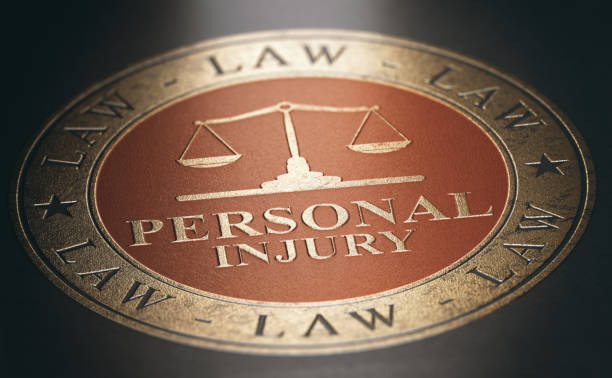Evidence Needed to Prove Fault in a Personal Injury Lawsuit

Personal injury can happen at any time and anywhere. If you have been hurt either in a car crash or at work as a result of someone else’s negligent or unlawful actions, you deserve justice. No matter the scenario, you are entitled to compensation for your damages.
However, in order to win the compensation you deserve, you must prove negligence on the part of the other party. Remember, at the heart of a personal injury claim is the matter of liability or legal responsibility.
Here is the evidence you need to provide to prove liability in a personal injury case.
Evidence From the Scene of the Injury
You can obtain some of the most critical information you need for your personal injury case from the scene of the injury. This information may include:
- Photos of the injury and damages you suffered
- Statements of individuals who witness the accident
- Photos of the weather conditions at the time of the accident
Photos of the accident scene are crucial because they can provide clues on what happened during the accident. This can be important when reconstructing a case to validate your claim. Skid marks and road conditions are valuable pieces of evidence that you can use to prove fault.
Police Reports
If the police arrive at the scene of the accident, the responding officer will likely investigate the accident and write a report on whom they believe was at fault. A police report can be a vital resource because it provides a third-party assessment of the accident from an authorized officer.
Expert Testimony
Sometimes, you may need an expert witness to testify in your favor during your personal injury lawsuit. This is specifically useful in complicated cases such as ones that involve medical malpractice claims.
Who is actually at fault is always at the center of any personal injury claim. Who caused your injury? This is an important question that needs to be established during your personal injury claim. Once the fault is established, the liable party will pay for your damages.



